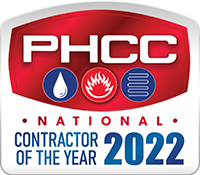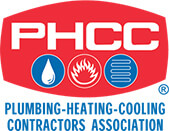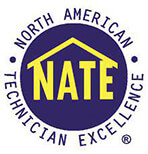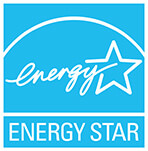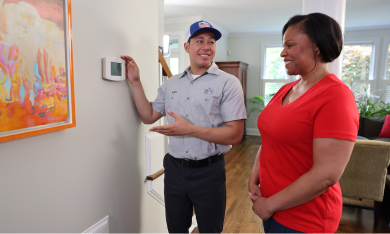
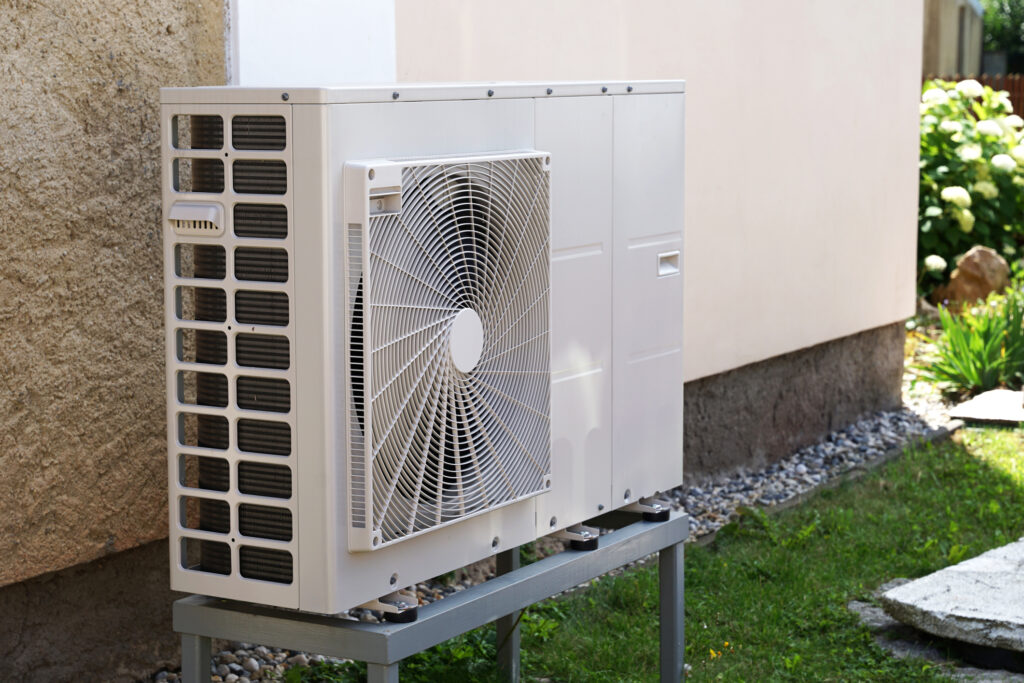
Homeowners looking for energy-efficient heating and cooling may want to consider a heat pump HVAC system. Thanks to thermal transfer, these systems don’t generate heat–they absorb it, helping to reduce overall energy bills without compromising on comfort.
In this article, the HVAC team at United Air Temp discuss how heat pumps work, the various types on the market, and the overall pros and cons of these systems.
Understanding Heat Pumps
A heat pump for your home is a device that offers the dual power of both heating and cooling. These systems are powered by electricity and pull heat into or out of your property through thermal transfer to find and maintain the perfect indoor temperature all year. Because these systems can dramatically decrease energy costs, they are increasing in popularity as a residential HVAC option.
How a Heat Pump Works
Instead of generating heat, heat pumps move heat using refrigerant, which flows through the system. The refrigerant absorbs heat either from the outdoors or your home. In the winter, the compressor transfers outdoor heat through the coils to be released into your home. In the summer, the refrigerant in the coils absorbs heat from inside your home and sends it through the compressor to the outdoor unit, where it releases heat into the outdoors.
Types of Heat Pumps
- Air-source heat pump: Air-source heat pumps absorb heat from the air and are less expensive to install than a ground-source system, making them the most popular option for homes. However, these systems are not effective in extreme cold.
- Ground-source heat pumps: Geothermal heat pumps absorb heat from the ground through buried pipes to provide highly efficient, but expensive, home comfort. They can be expensive to retrofit, making them ideal for new builds.
- Ductless heat pump: Ductless mini-splits work like an air-source heat pump without the need for ductwork. They work best for homes in milder climates that may not have existing ductwork.
Benefits of Heat Pumps
There are many pros and cons of heat pumps. The best advantages they offer include:
- Greater energy efficiency than furnaces or AC units
- Year-round use and no need for two separate systems
- More eco-friendly
Drawbacks of Heat Pumps
Homeowners should also consider the potential drawbacks of heat pump systems:
- With heat pump vs. furnace, a furnace will perform much better in extreme cold
- Homes in cold climates may need a backup furnace for freezing temperatures
- Higher upfront costs that may take time to make up with energy savings
Request Heat Pump Services from United Air Temp
At United Air Temp, our highly-trained team offers comprehensive heat pump services, including expert repairs, routine maintenance, and replacement services when your heat pump is failing. Our expertise in helping homeowners select the right system for their home ensures their total comfort. We provide industry-leading maintenance plans that can keep your heat pump operating properly. Plus, we offer financing and free estimates if you’re ready to install a new heat pump and air handler.
Prioritize your comfort today by scheduling heat pump installation with the licensed and insured technicians at United Air Temp.









